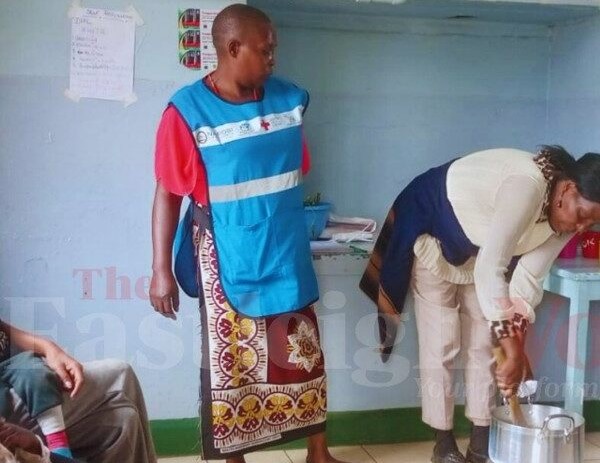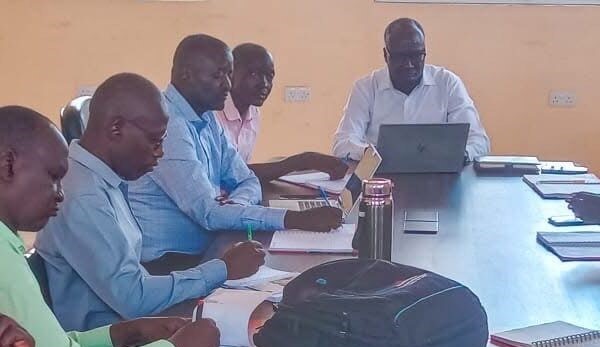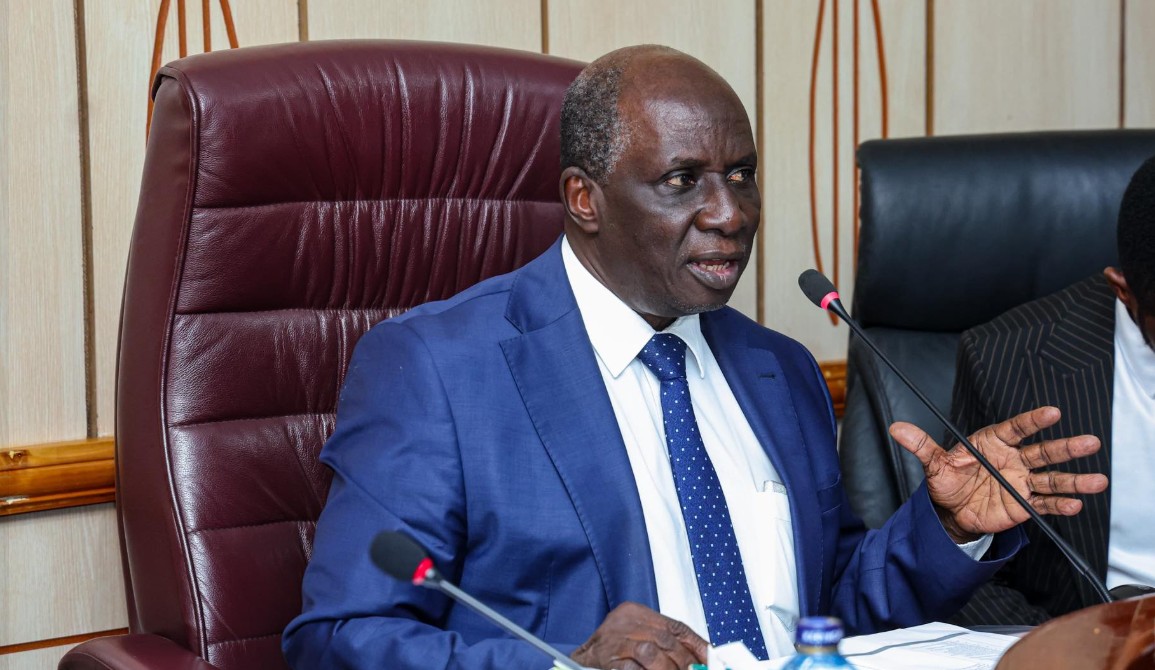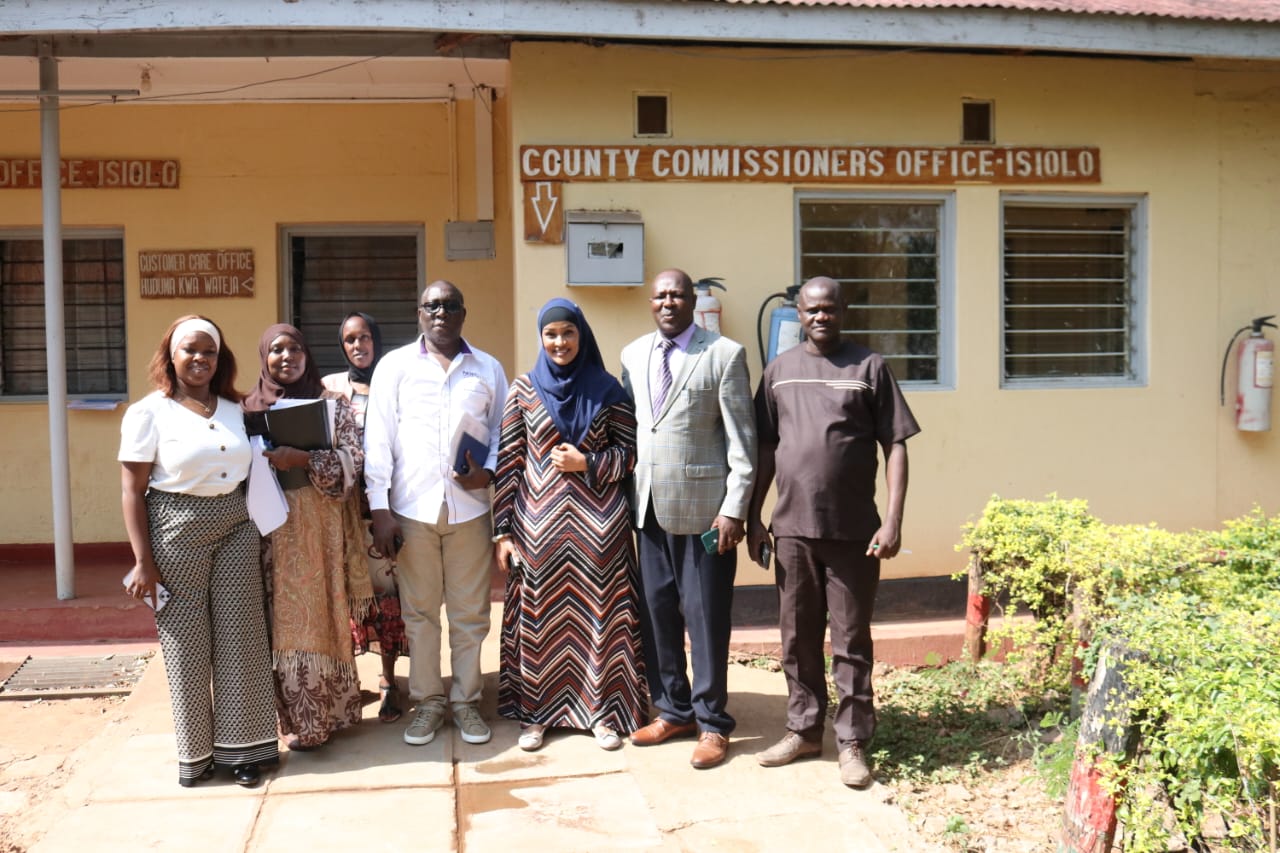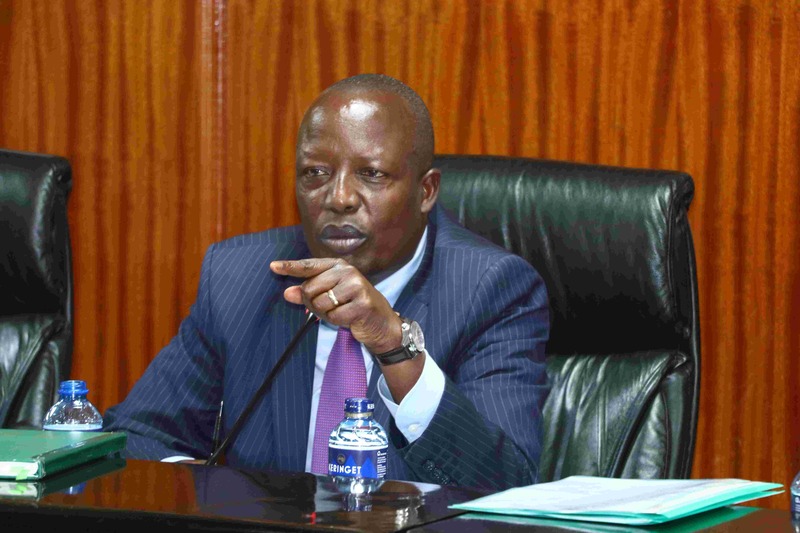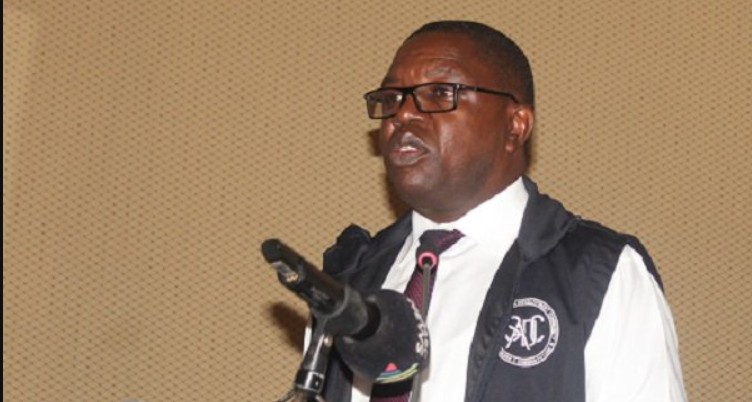Why High Court quashed Dr Mokua’s nomination as East African Court of Justice judge
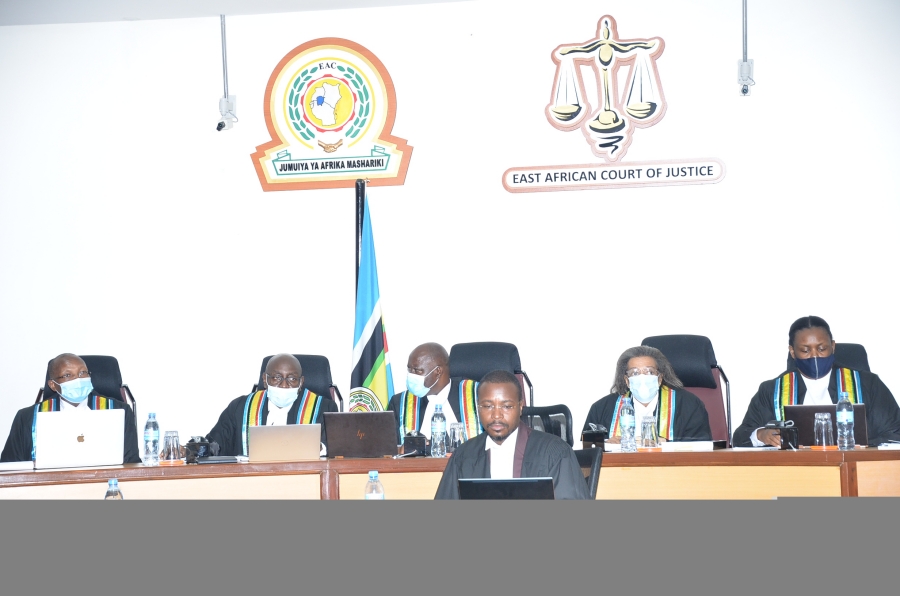
The court found that the process lacked public participation and oversight from key legal bodies.
The High Court on Friday nullified the nomination of Zablon Muruka Mokua as a judge of the East African Court of Justice (EACJ), ruling that the process was unconstitutional and lacked transparency.
Justice Chacha Mwita, delivering the verdict, said that Dr Mokua’s nomination, which was made in April last year, did not meet the legal threshold.
More To Read
- Boniface Mwangi, Agather Atuhaire sue Kenya, Uganda, Tanzania over torture, illegal deportation
- President William Ruto reinstates Charles Nyachae to Kenya School of Government post
- Why I resigned from the East African Court of Justice - Nyachae
- Court blocks Mokua's nomination to East African Court of Justice
- Besigye sues Kenya, Uganda at the East African Court of Justice over alleged abduction
- Kenya sued at East African Court over Bill Gates Foundation immunities
The court found that the process lacked public participation and oversight from key legal bodies, including the Law Society of Kenya (LSK) and the Judicial Service Commission (JSC), which are responsible for determining the qualifications of judicial nominees.
“The nomination of Dr Muruka Mokua was illegal and unconstitutional because it was not subjected to public participation, was not transparent, and his suitability was not determined by the LSK,” Justice Mwita ruled.
He emphasised that Kenya's Constitution mandates an open and competitive process for appointments to public offices.
Dr Mokua had been nominated by former East African Community Cabinet Secretary Peninah Malonza to replace Charles Nyachae, who resigned in January 2023. However, LSK challenged his nomination, arguing that he did not possess the necessary qualifications to serve as a judge.
“The 3rd Respondent (Dr. Mokua) does not meet the requisite qualifications to be nominated as a Judge of a Superior Court in Kenya and subsequently as a Judge of the East African Court of Justice’s First Instance Division,” LSK argued in its petition.
Dr Mokua previously served as a Member of County Assembly (MCA) for Basi Central Ward in Kisii County from 2017 to 2022. He was nominated for the judicial position on April 18, 2024. However, LSK contended that the JSC should have been involved in determining his suitability for the high-profile role.
According to LSK, Dr. Mokua holds a master of theology and a doctorate in theology but lacks a law degree.
Additionally, he has never served as a law lecturer at any Kenyan university. His curriculum vitae lists him as the managing partner and head of litigation at Zablon Mokua & Company Advocates, as well as a pastor at the Pentecostal Mission Church-Kenya.
The government defended his nomination, insisting that he met the qualifications for appointment as a judge of a superior court. It further argued that the appointment process for the EACJ is determined by partner states’ national laws, policies, or adopted frameworks.
Unconstitutional
The court ruled that the nomination process had violated constitutional provisions regarding public service appointments, which require transparency, fairness, and equal opportunity.
“In the circumstances, and flowing from my analysis above, I agree with the petitioner (LSK) that Dr. Muruka Mokua’s nomination and subsequent recommendation for appointment as Judge of the East African Court of Justice, First Instance Division, violated the Constitution and the laws of the Republic of Kenya, a Partner State,” Justice Mwita stated in his judgement.
Dr. Mokua challenged the jurisdiction of the High Court, arguing that only the EACJ was mandated to interpret the treaty provisions regarding his nomination and appointment.
However, the High Court dismissed this argument, asserting that the nomination was a matter of national concern and must comply with Kenya’s Constitution and legal framework.
The LSK further argued that Dr Mokua’s selection process lacked transparency and fairness, depriving other qualified Kenyans of the opportunity to compete for the position.
“The nomination process of Dr Mokua was shrouded in secrecy, flouting the national values and principles of governance such as the rule of law, participation of the people, inclusiveness, equality, protection of the marginalised, transparency, and accountability,” LSK stated.
According to the East African Community Treaty, a candidate for appointment as a judge of the EACJ must have at least ten years of experience as a superior court judge, a professionally qualified magistrate, or a distinguished academic or legal practitioner. LSK argued that Dr. Mokua did not meet these criteria.
By handpicking Dr. Mokua, the government undermined the competitive selection process required for such high-ranking judicial positions.
LSK said, "According to Article 24(1) of the EAC Treaty, the East African Community Partner States are responsible for choosing judges for the East African Court of Justice. As such, they must follow the Constitution and laws of those Partner States."
With the High Court’s decision, the government will have to restart the nomination process for Kenya’s representative at the regional court.
Top Stories Today


